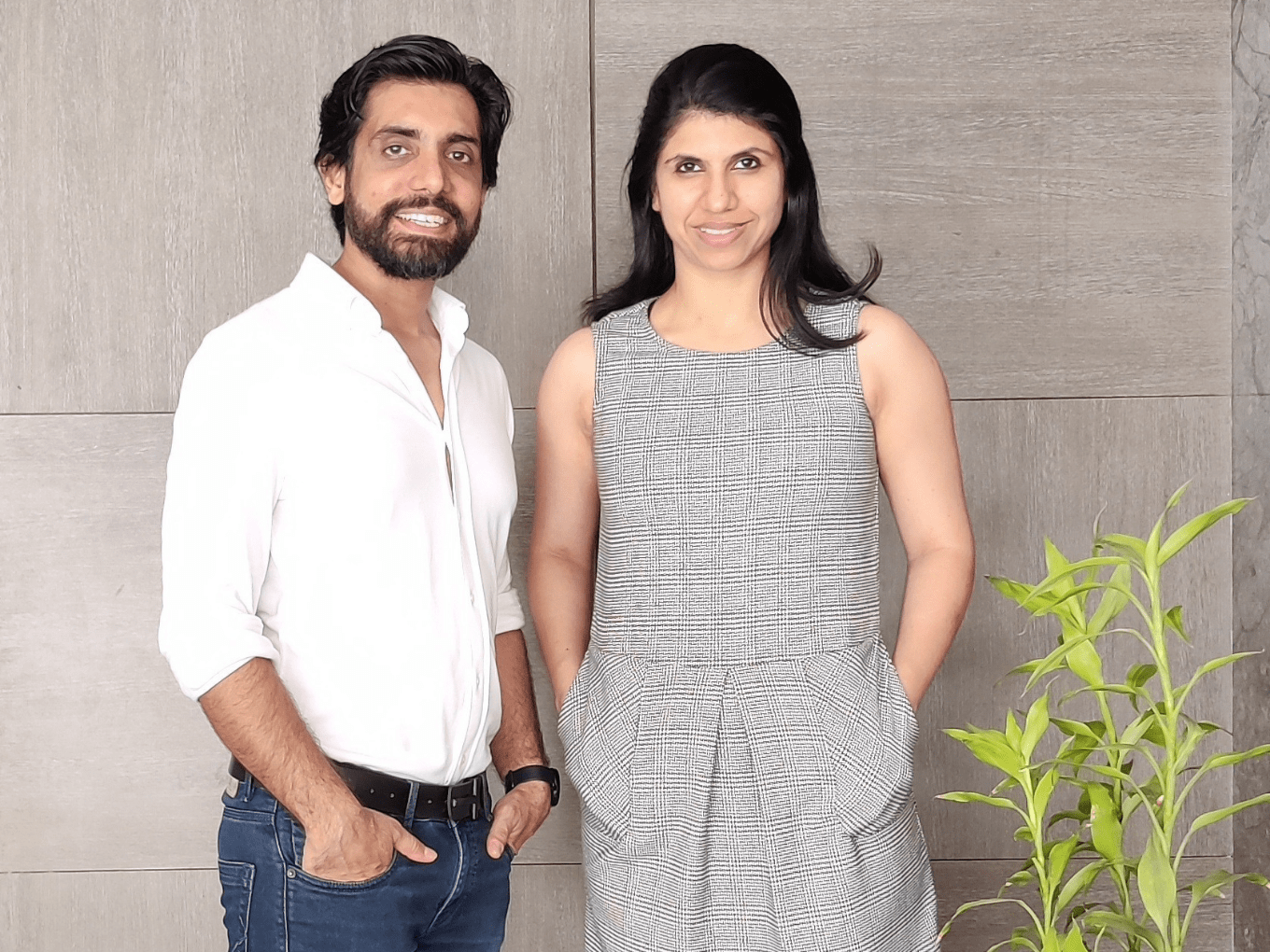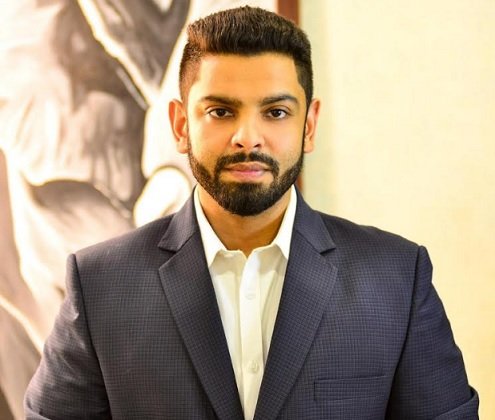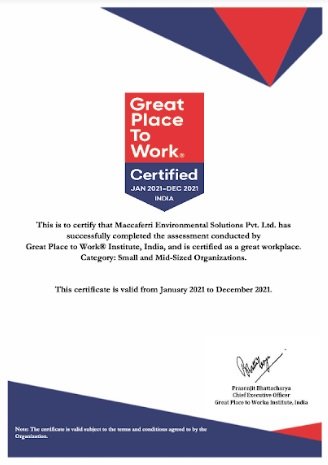Nutrition, immunity, and wellness have emerged as the universal global themes in pandemic times. But long before the Covid crisis, local and global legacy brands like Dabur, Himalaya, London-headquartered GlaxoSmithKline, and Chicago-based Abbott, all specializing in nutraceuticals or nutritional supplements, have become popular across health-conscious urban India.
Nutraceuticals, a portmanteau term blending nutrition and pharmaceutical, denote all dietary supplements (capsules, tablets, syrups, and gummies besides fortified foods and beverages) that help improve overall health.
In Covid times, India has seen significant traction in this space as these are considered healthcare essentials for boosting immunity and ensuring preventive care without the side effects of prescription drugs.
Sensing a unique and long-term opportunity, quite a few direct-to-consumer (D2C) brands have also entered this space. But the market is getting tougher every day as consumers increasingly prefer ‘clean’ products that do not contain harmful chemicals.
“When we looked at all the nutrition products available in the market — proteins, vitamins, minerals and the like — we realised that there was nothing that was entirely free from harmful chemicals, additives or preservatives,” said Aarti Gill, cofounder and CEO of the Mumbai-based startup OZiva, which caters to the country’s growing demand for clean nutrition.
In 2016, the company started to manufacture plant-based health foods and nutrients that adhere to FSSAI (Food Safety and Standards Authority of India) norms.
Others like Cureveda, Olena, and Wellversed are also operating in this space. But for OZiva, the journey has been a learning experience all along.
OZiva’s D2C Journey
As her mother was a healthcare professional, Gill knew from an early age that many health problems could be avoided by consuming clean nutrients and making healthy lifestyle decisions. Although she got her degree in electronic engineering from IIT-Roorkee and later did an MBA from INSTEAD, she was always keen to help people live healthy lives.
In 2014, Gill and Mihir Gadani started their first entrepreneurial venture called FitCircle. It was a Facebook messenger-based fitness consulting platform where experts helped members reach their fitness goals with workouts and personalized diet plans.
But soon, the duo realized that they could not recommend any nutrition product as ‘clean’ products without food additives or preservatives were rarely available in the Indian market. Without much ado, the co-founders decided to take the plunge and set up OZiva, a D2C wellness brand that manufactures plant-based health supplements, as well as hair, skincare, and beauty products.
To benchmark the purity of its products at a global level, the company got a ‘clean’ certificate issued by Colorado-based non-profit organization Clean Label Project. It tests samples for more than 300 contaminants in ‘parts per billion’ scrutiny (a measurement of substance concentration that should ideally be less than one out of a billion).
In India, OZiva gets its products and ingredients tested by labs approved by NABL India (National Accreditation Board for Testing and Calibration Laboratories) for nutrient profiling and identifying filler ingredients, heavy metals, toxic materials, and potential allergens.
Currently, OZiva has 45 SKUs under its health and fitness and clean beauty categories. With an average ticket size of INR 1,100, the D2C brand operates in the premium segment and constantly focuses on expanding its product range.
After launching its plant-based vitamin products in April this year, it introduced a clean beauty range, including plant-based skin and hair care products, in August.
The company claims to have grown 2.5x YoY in FY21 and aims to reach INR 700 Cr revenue by FY24.
The brand also raised INR 89 Cr in series B funding in March 2021, led by Eight Roads Ventures. The money will be used for research and development, retail expansion, brand promotion and growing its team.
The Omnichannel Strategy
Like many of its D2C peers, OZiva has taken the omnichannel route to reach a bigger consumer base and optimize its sales. As of now, the brand has 800 brick-and-mortar stores across the country but aims to increase the number to 10K by the end of FY22. A big chunk of these stores will be in Tier 2 and Tier 3 cities, says OZiva.
Incidentally, expanding one’s offline presence beyond Tier 1 locations is an area of concern for many brands. Such demographic shifts often compel brands to rethink their marketing and customer engagement strategies.
To make its premium products (price range varying between INR 500 and INR 1,000) more acceptable in smaller cities and townships, OZiva has introduced highly affordable small-size packs costing INR 15-20. These mini packs also help new customers to test their effectiveness before buying standard-size products.
Keeping its expansion plans in mind, OZiva has come out with a host of brand-building activities in sync with the newfound awareness regarding health and wellness. In March this year, the company appointed Bollywood actor Deepika Padukone as its brand ambassador to increase its mainstream appeal. It also announced that Padukone’s long association with fitness and health made her the perfect choice for the brand.














